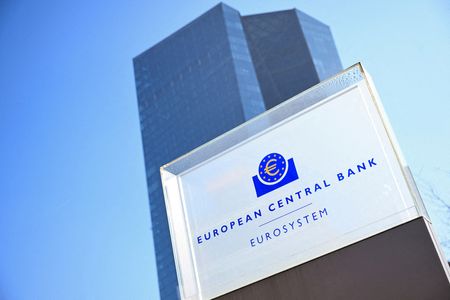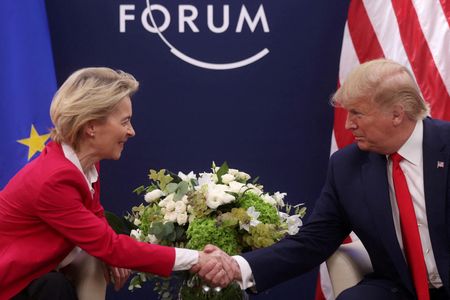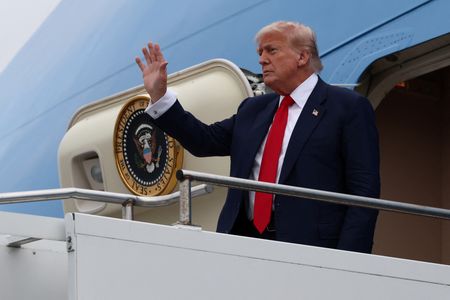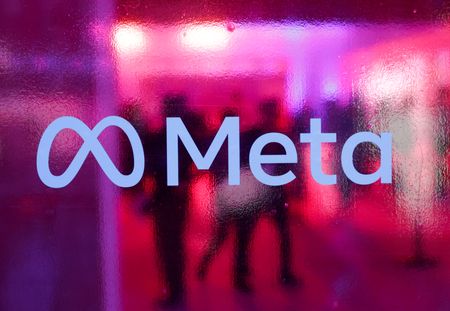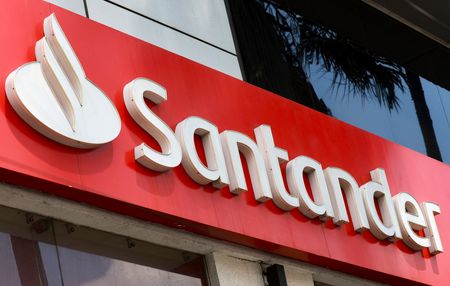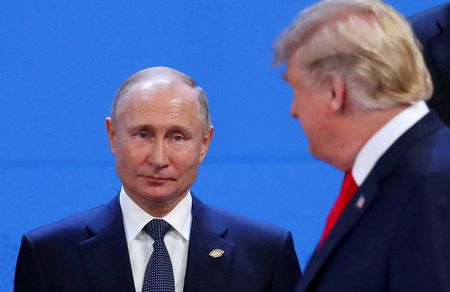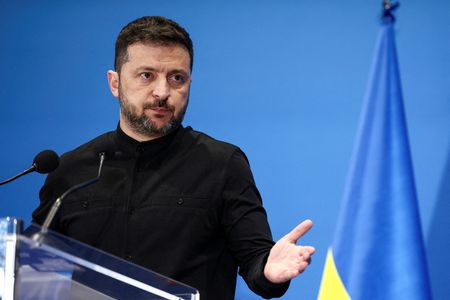FRANKFURT (Reuters) -The European Central Bank left its main interest rate unchanged at 2% as expected on Thursday, taking a break after a year of policy easing to wait for clarity over Europe’s future trade relations with the United States.
With inflation now back at its 2% goal and interest rates down from 4% to 2% since June 2024, the ECB is not under pressure to act swiftly and policymakers offered no clues about their next move, keeping investors guessing.
Sticking with its mantra of a meeting-by-meeting approach, the euro zone’s central bank said it would not pre-commit to any interest rate path and that decisions would be made based on incoming data.
“The incoming information is broadly in line with the Governing Council’s previous assessment of the inflation outlook,” the ECB said after a two-day policy meeting. “Domestic price pressures have continued to ease, with wages growing more slowly.”
Investors continued to bet on at least one more rate cut later this year, partly because U.S. President Donald Trump’s trade war is weighing on growth and ultimately on prices.
The outcome of European Union-U.S. trade talks remains uncertain but two diplomats with inside information said the two were heading towards a deal that would result in a broad tariff of 15% applying to EU goods.
That would be worse than the ECB’s baseline scenario but better than the “severe” alternative it contemplated when it published its last economic projections in early June.
Such an outcome would weigh on growth and probably push inflation lower, adding to the case for the ECB to provide more support to the economy through a further rate cut, especially as price growth is seen dipping below its 2% target over the next 18 months.
But policymakers can afford to remain on the sidelines at least until the autumn and possibly longer.
The 20-country euro zone economy is holding up well and fresh PMI survey data out just hours before the ECB’s policy decision suggested the bloc is weathering the trade chaos.
“With uncertainty all around, an economy showing slight growth, increasing employment and weak inflation sounds surprisingly benign,” ING economist Bert Colijn said.
Attention will now turn to ECB President Christine Lagarde’s 1245 GMT news conference, at which she is likely to face questions about future rate cuts, the strength of the euro and the impact of tariffs.
(Reporting by Balazs Koranyi; Editing by Catherine Evans)

